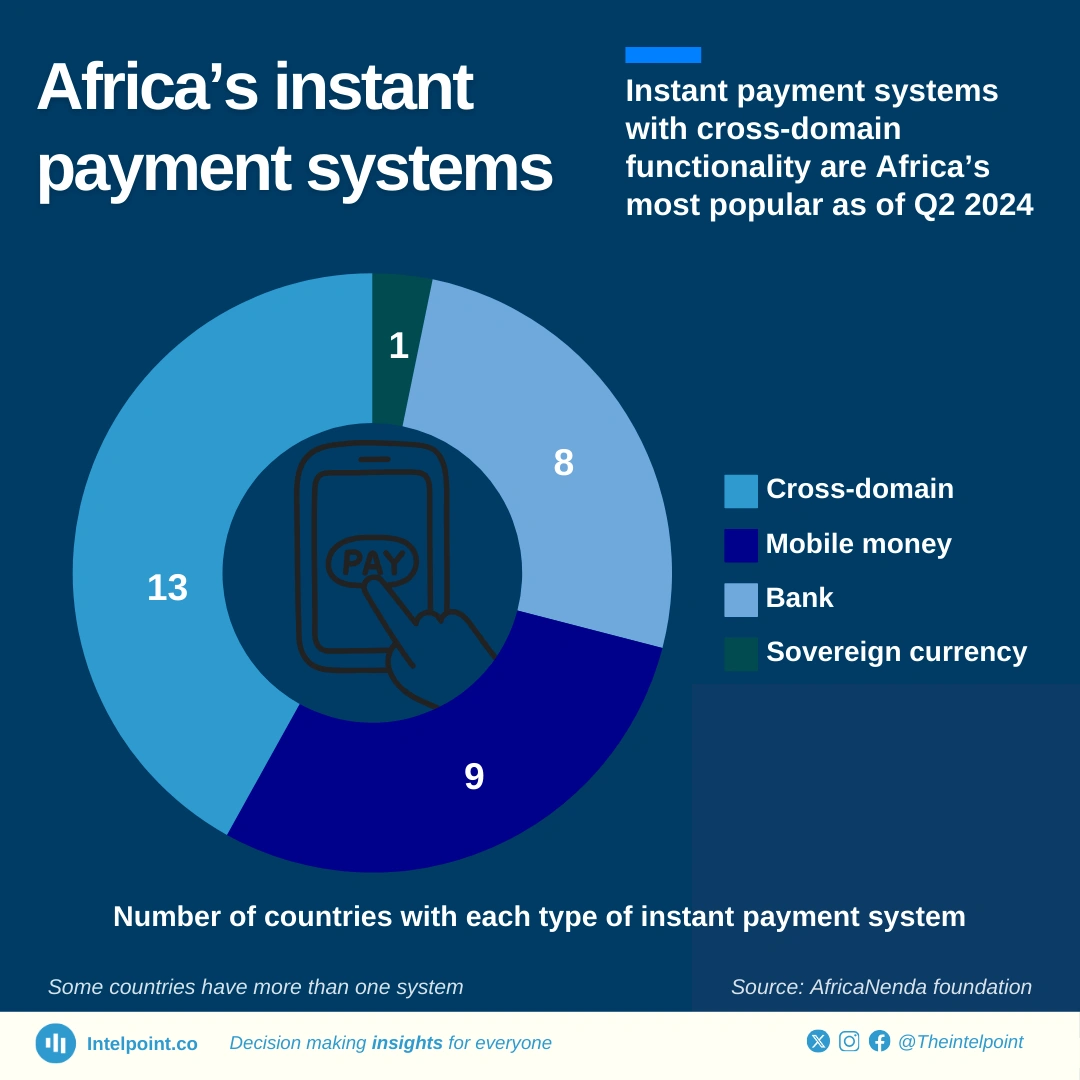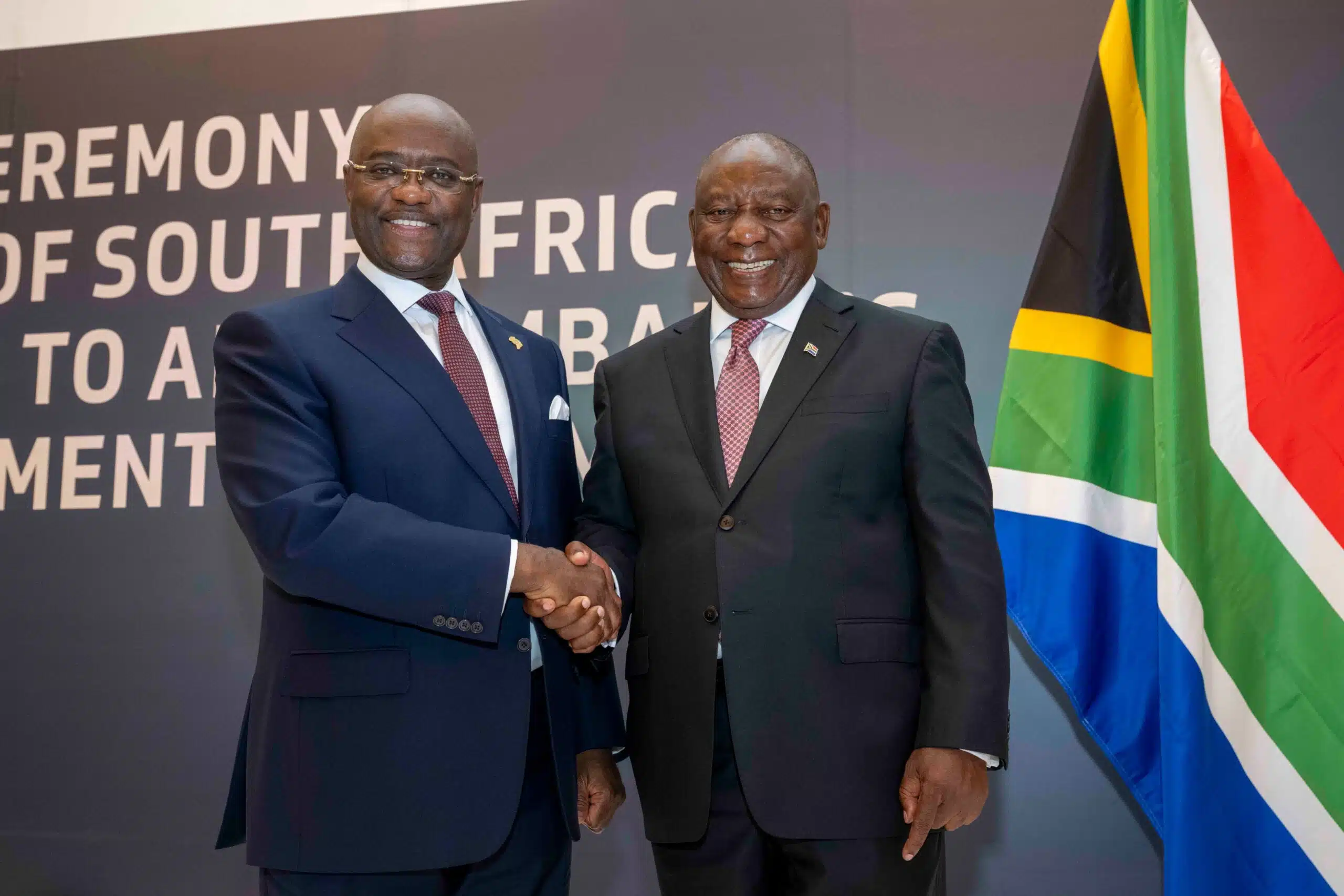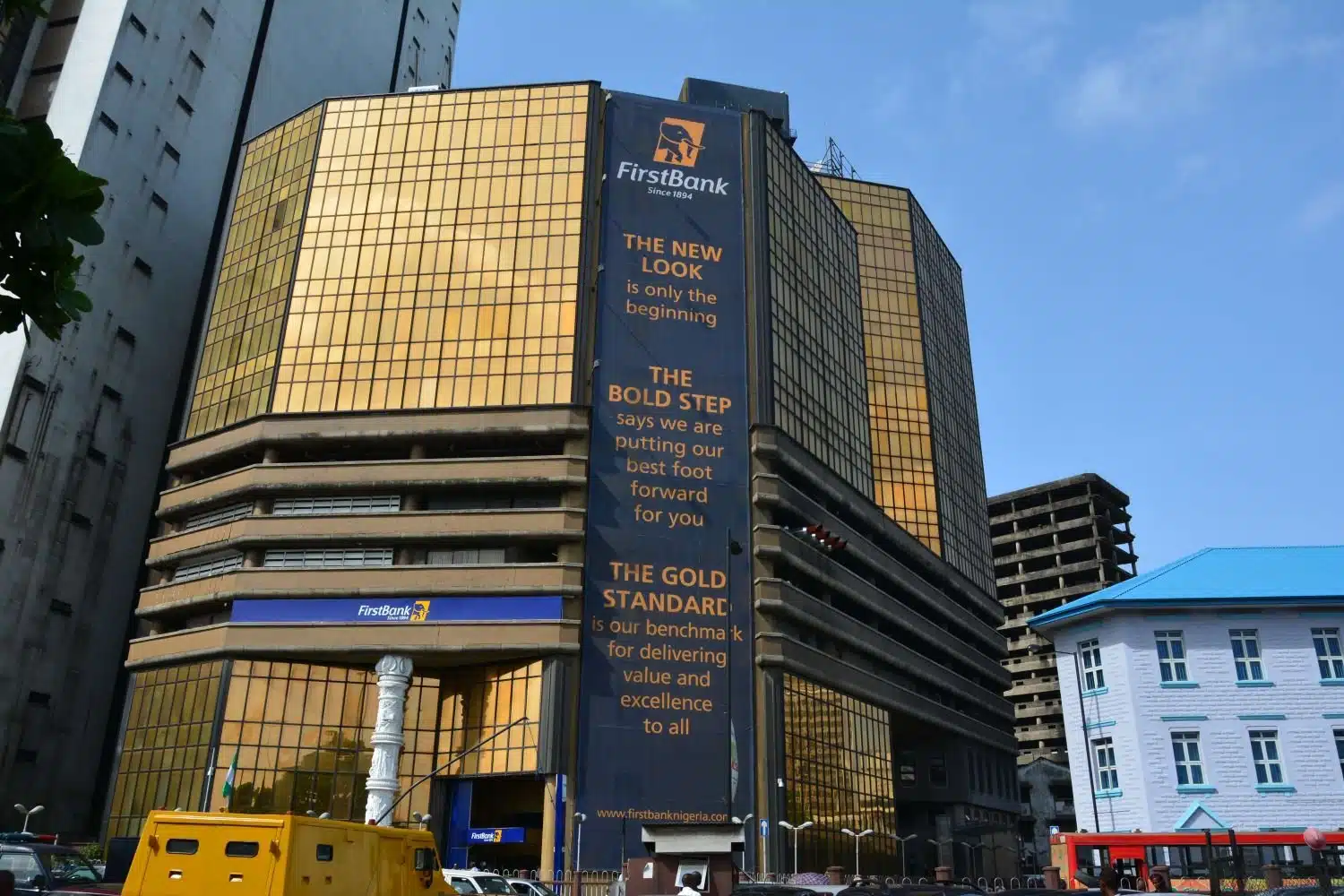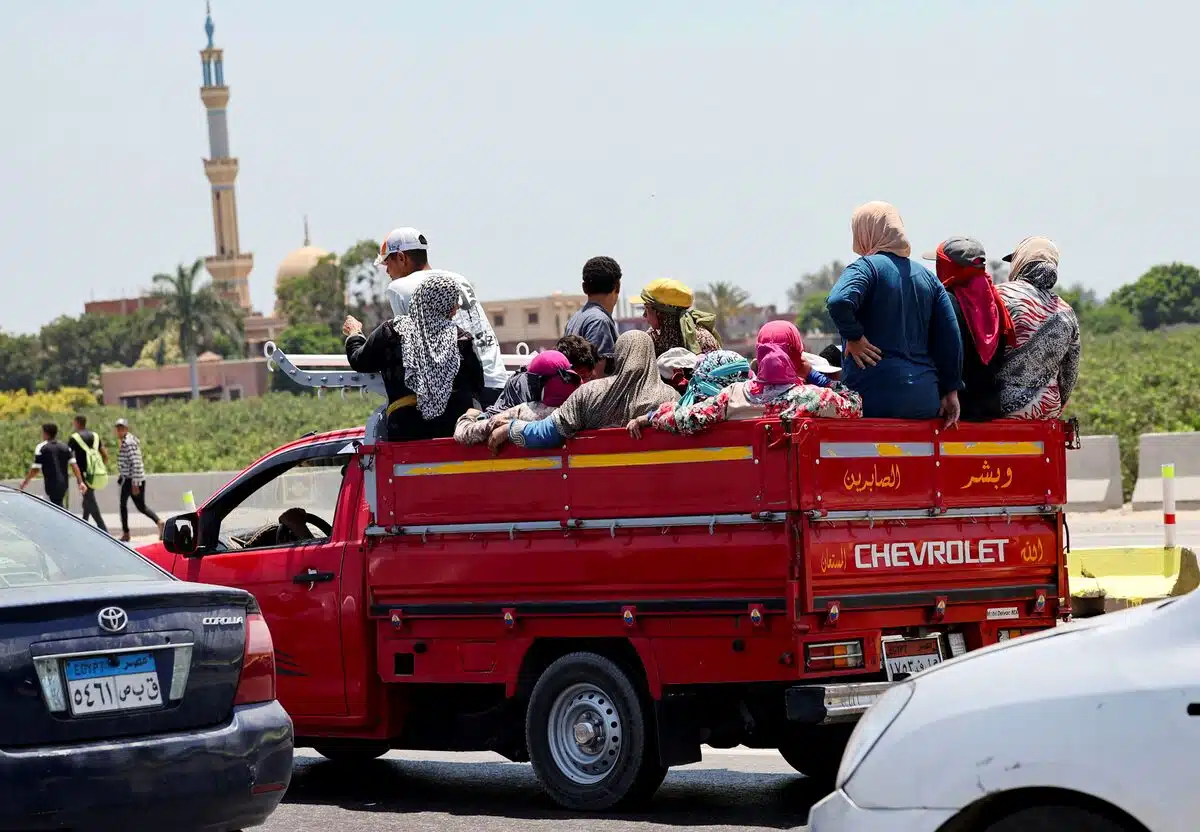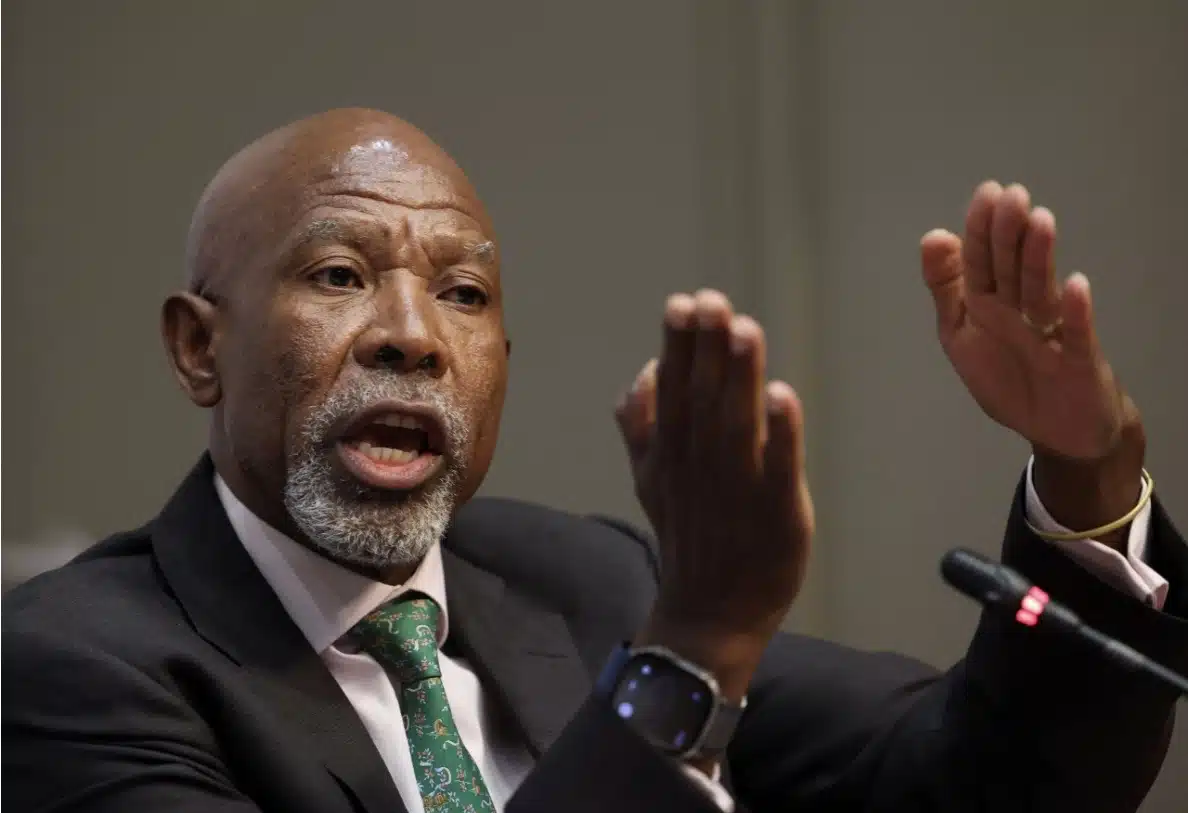Something unusual is happening in African finance. Not a billion-dollar funding round or a shiny new app; but a quiet handshake in the form of an MoU (memorandum of understanding) between two regulators, one in Accra and one in Kigali, which could reshape how fintechs scale across the continent.
On February 25, 2025, the Bank of Ghana and the National Bank of Rwanda signed Africa’s first fintech licence-passporting agreement: a pact allowing startups licensed in either country to operate in both markets without starting from scratch. This was done during the Inclusive FinTech Forum in Kigali, Rwanda, which ran from February 24 to 26, 2025.
In one stroke, they challenged one of the most persistent barriers to scaling in African tech: regulation that stops at the border. It might sound like a technical fix. It’s not. It’s a stress test for the future of African integration.
Big ideas, but a fragmented continent
Africa’s fintech story remains one of impressive scale but uneven revenue across geographies. The sector continues to attract a significant portion of tech-venture investment on the continent. For example, fintech accounted for 47% of all start-up funding in Africa in 2024.
At the same time, investment is heavily concentrated: the “Big Four” markets (Nigeria, Kenya, South Africa and Egypt) accounted for 76% of fintech funding in 2024. According to McKinsey, Africa’s fintech market is expected to grow fivefold by 2028, potentially reaching $47 billion in revenue. But outside those hubs, fragmentation and weaker ecosystems remain the enemy for fintech growth.
Each country maintains its own fintech licensing framework, capital requirements and data-rules, meaning expansion from Ghana to Kenya or Rwanda to Nigeria often involves months of paperwork and significant costs.
For example, in Nigeria, a Mobile Money Operator (MMO) license from the Central Bank of Nigeria requires ₦2 billion ($1.376 million) in capital, while a Payment Solution Service Provider (PSSP) license requires ₦100 million ($69,000). Processing time often stretch from 6 to 18 months. In Kenya, a fintech applicant must meet KES 5 million ($45,000) minimum paid-up capital for a license under the banking regulator’s checklist.
In Ghana, a PSP (Payment service provider) (Medium) license requires ¢800,000 ($74,000), and a PSP (Enhanced) license requires ¢2,000,000 ($185,000), with a six-month processing time. In Rwanda, the minimum capital requirements for payment platform providers are RWF50 million ($34,500), and RWF30 million ($21,000) for remittance companies, with a wait time of 3 to 6 months.
These regulatory burdens: variable fees, multi-stage approvals, and opaque timelines, contribute to fragmentation across the continent and slow pan-African scale-ups. So, while the African Continental Free Trade Area (AfCFTA) promises open trade, the digital finance world still runs on red tape. This is what makes the Ghana–Rwanda model a timely development: it transforms the rigidness of African fintech policy.
What the passport means
Under the new MoU, a fintech licensed in Ghana can apply to operate in Rwanda with minimal extra documentation, and vice versa. The two central banks have also agreed to link their national payment systems, paving the way for real-time cross-border transfers.
In theory, it’s the start of something continental: regulatory interoperability, where trust between regulators replaces duplication of effort. For founders, it means lower costs and faster expansion. For investors, it signals a shift toward regional coherence. And for consumers, it promises more competition and innovation, from remittance apps to digital lending.
According to Tapiwa Ronald Cheuka, a digital economy advisor at the International Trade Centre, the license passporting agreement works just like a regular passport, but for fintechs. “The MoU paves the way for fintechs licensed in either country to operate across both markets with minimal extra approval, encouraging cross-border payments and innovation,” he said.
Ghana and Rwanda may not be Africa’s largest economies, but both are reform-minded. In Ghana, mobile-money transaction value reached ₵3.019 trillion ($276.7 billion) in 2024, up about 58% year-on-year.
Meanwhile, Rwanda launched its FinTech Strategy 2024-2029, targeting 300 licensed fintech firms (up from about 75 firms currently), an 80% fintech-adoption rate, and US$200 million in fintech investments by 2029. Together, these countries are trying to prove that size isn’t everything; sometimes, alignment is the missing link.
Globally, similar approaches have powered digital transformation. In Europe, for instance, the eIDAS Regulation (EU No 910/2014) created a single framework for electronic identification and trust services across member states, allowing users and businesses to transact seamlessly beyond national borders.
Outside Europe, the logic of unified regulation has proven even more transformative. India’s Unified Payments Interface (UPI) and Brazil’s Pix both thrived under clear, centralised oversight and common technical standards. UPI now handles tens of billions of transactions annually and accounts for about 85% of India’s digital payment volumes. As of 2023 and 2024, Pix was responsible for over 37 billion transactions and a large share of Brazil’s electronic payments.
These examples highlight one lesson: harmonised rules unlock scale faster than innovation alone; something Ghana and Rwanda are now trying to replicate.
The momentum leading to the MoU
The passport agreement didn’t emerge from a vacuum. It builds on a growing ecosystem of regional experiments and initiatives designed to break down financial silos.
- The Pan-African Payment and Settlement System (PAPSS): Backed by Afreximbank and now live in at least 15 countries and connecting more than 150 commercial banks. Enabling businesses to settle intra-African trade in local currencies instead of routing through the U.S. dollar, its internal data suggest the platform could save Africa up to $5 billion annually in foreign-exchange and transaction costs.
- The Smart Africa Alliance: The Smart Africa Alliance is advancing a shared digital-identity and data-governance framework to support cross-border fintech and digital commerce. Its blueprint for an interoperable digital ID and data-exchange system promotes regulatory alignment across its 41 member states.
- The African Development Bank: The AfDB has been a major supporter of trade across the continent, working with regional economic communities (RECs) to harmonise regulatory frameworks and reduce the existing fragmentation within the African fintech ecosystem. In its 2025 African Economic Outlook report, the AfDB notes that intra-African trade remains stunted, representing around 16% of Africa’s total trade, reflecting the immutable importance of harmonised frameworks.
All these efforts point to the same reality: capital markets and fintech growth can’t scale if policy stays balkanised. The Ghana–Rwanda deal is, in many ways, the first practical demonstration of the AfCFTA’s digital ambitions.
As Cheuka puts it, “It’s a real-world example of regulatory interoperability – aligning rules to unlock growth and investment across the continent.”
What this means for AfCFTA
The timing couldn’t be better. In February 2024, the AfCFTA Secretariat oversaw the adoption of the AfCFTA Protocol on Digital Trade at the African Union Assembly in Addis Ababa, Ethiopia, the first continental agreement to cover data flows, online payments, and cross-border e-commerce. But protocols, if adopted but not yet ratified, are just paper without working examples.
That’s what Ghana and Rwanda are offering: a live case study on how two sovereign regulators can make AfCFTA’s digital vision tangible.
If expanded, passporting could underpin fintech corridors: clusters of interoperable countries serving as launchpads for startups. Imagine Ghana–Rwanda inspiring Kenya–Uganda–Tanzania in the east or Nigeria–Ghana–Côte d’Ivoire in the west. Each corridor would bring the continent closer to an integrated digital economy. “Fintech leaders who master regulatory interoperability and design compliance into their strategy will be best positioned to scale across Africa,” Cheuka noted.
A test of trust
Still, implementation will be the true test. The MoU is a framework, not binding law, so key questions remain. Who supervises whom? If a Ghana-licensed fintech mishandles funds in Rwanda, which regulator steps in? What about data privacy, since Rwanda’s data-protection regime is relatively newer than Ghana’s? Harmonising such rules takes time. And how will consumer disputes be handled? Without cross-border redress mechanisms, users could lose confidence fast.
Scalability is another hurdle. Two countries coordinating is doable. Fifty-four is a different challenge entirely. Regional blocs like ECOWAS or EAC could adopt shared standards, but it will take years of political negotiation and institutional capacity-building. According to the UN Economic Commission for Africa, regulatory heterogeneity (i.e., inconsistent rules across countries) remains a key inhibitor of cross-border digital and fintech growth in Africa.
To know whether the Ghana–Rwanda model is working, analysts should track a few key metrics over the next year:
- Number of fintechs expanding under the passport regime
- Volume of cross-border payments between both countries
- Reduction in licensing and compliance costs
- Growth in investor commitments to both ecosystems
If those numbers move in a positive direction, expect similar deals across the continent.
The boldest aspect of the Ghana–Rwanda initiative isn’t a new platform or a fresh wave of investment; it’s two regulators choosing to share trust. In today’s landscape, that may be the most valuable currency of all.
Note: Figures originally reported in Nigerian naira, Ghanaian cedis, Kenyan shillings, and Rwandan Franc and converted using the average exchange rate of ₦1,465/$1, KES 129/$1, ₵10.94/$1, and RWF1,451/$1 as of Tuesday, November 4, 2025.



